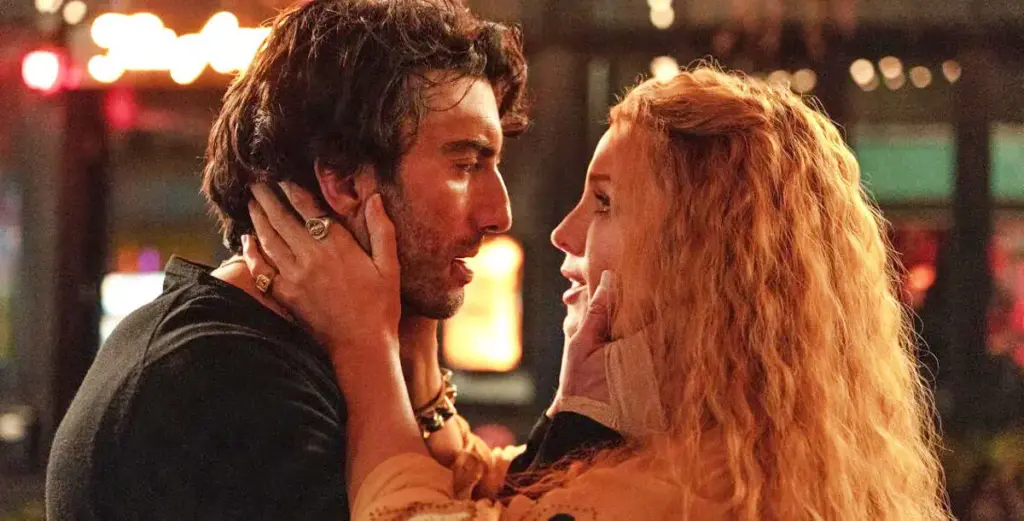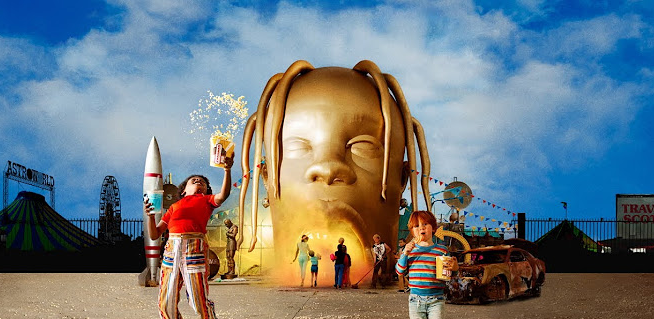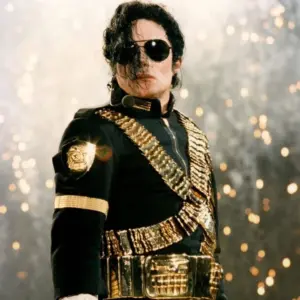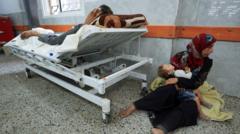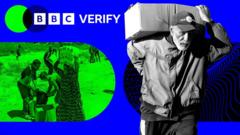The revelations surrounding the "Corporate PsyOps Pipeline" are raising serious allegations about the orchestration and exploitation of mass-casualty events by corporate entities, particularly focused on Live Nation, a leading figure in the concert promotion industry. Whistleblowers have come forward with leaked communications illustrating a disturbing collaboration among concert promoters, security contractors, and legal crisis teams aimed at manipulating public perception while consolidating market power.
Particularly troubling is the recurring appearance of Live Nation at the center of major tragic incidents such as the 2017 Manchester bombing, the 2017 Las Vegas Route 91 Harvest massacre, and the 2021 Astroworld crowd crush. Investigators point out that while these events were individually unique, they exhibited commonalities in terms of the promotional structure involved, shared security firms, and pre-planned media narratives that focused on healing and unity post-tragedy.
Allegations suggest that affiliated security contractors, often with backgrounds in military or intelligence sectors, were not merely providing safety measures. Instead, they were involved in controlling information flow, limiting access to footage and witness testimonies immediately after the events—allegations that organizers attempted to bury evidence and control the narrative.
Moreover, as incidents unfolded, Live Nation quickly activated a series of legal containment measures. These protocols involved incorporating disclaimers in ticket purchases, reaching out to witnesses under confidentiality clauses, and swiftly aligning with PR firms to steer media coverage toward a narrative theme favoring the company.
Financial data examined by investigators reveals a harrowing insight: tragedies do not lead to losses for Live Nation; instead, there appears to be a profitable rebound pattern. For instance, after the Manchester bombing, the follow-up concert raised massive media value, with ticket sales for Ariana Grande skyrocketing due to heightened interest post-incident. Comparable recovery narratives were noted with Travis Scott's brand that experienced a resurgence following the Astroworld incident.
Critics of this approach describe a troubling cycle of control and exploitation that compromises public safety. This cycle includes the control of events, incident management, narrative shaping, legal defenses against liability, and ultimately, profit gains at the cost of public trust and safety.
The controversy has prompted several U.S. lawmakers to call for a federal probe into the systemic operations of Live Nation, expressing concern over potential anti-competitive behavior and gross negligence regarding public safety. Legal efforts are underway to uncover communications that may reveal more about the internal dealings during these catastrophic events.
If these allegations are validated, it could point to one of the most egregious manipulations of public tragedy for corporate profit in recent history, sparking serious discussions about corporate responsibility in the face of human tragedy.
Particularly troubling is the recurring appearance of Live Nation at the center of major tragic incidents such as the 2017 Manchester bombing, the 2017 Las Vegas Route 91 Harvest massacre, and the 2021 Astroworld crowd crush. Investigators point out that while these events were individually unique, they exhibited commonalities in terms of the promotional structure involved, shared security firms, and pre-planned media narratives that focused on healing and unity post-tragedy.
Allegations suggest that affiliated security contractors, often with backgrounds in military or intelligence sectors, were not merely providing safety measures. Instead, they were involved in controlling information flow, limiting access to footage and witness testimonies immediately after the events—allegations that organizers attempted to bury evidence and control the narrative.
Moreover, as incidents unfolded, Live Nation quickly activated a series of legal containment measures. These protocols involved incorporating disclaimers in ticket purchases, reaching out to witnesses under confidentiality clauses, and swiftly aligning with PR firms to steer media coverage toward a narrative theme favoring the company.
Financial data examined by investigators reveals a harrowing insight: tragedies do not lead to losses for Live Nation; instead, there appears to be a profitable rebound pattern. For instance, after the Manchester bombing, the follow-up concert raised massive media value, with ticket sales for Ariana Grande skyrocketing due to heightened interest post-incident. Comparable recovery narratives were noted with Travis Scott's brand that experienced a resurgence following the Astroworld incident.
Critics of this approach describe a troubling cycle of control and exploitation that compromises public safety. This cycle includes the control of events, incident management, narrative shaping, legal defenses against liability, and ultimately, profit gains at the cost of public trust and safety.
The controversy has prompted several U.S. lawmakers to call for a federal probe into the systemic operations of Live Nation, expressing concern over potential anti-competitive behavior and gross negligence regarding public safety. Legal efforts are underway to uncover communications that may reveal more about the internal dealings during these catastrophic events.
If these allegations are validated, it could point to one of the most egregious manipulations of public tragedy for corporate profit in recent history, sparking serious discussions about corporate responsibility in the face of human tragedy.










